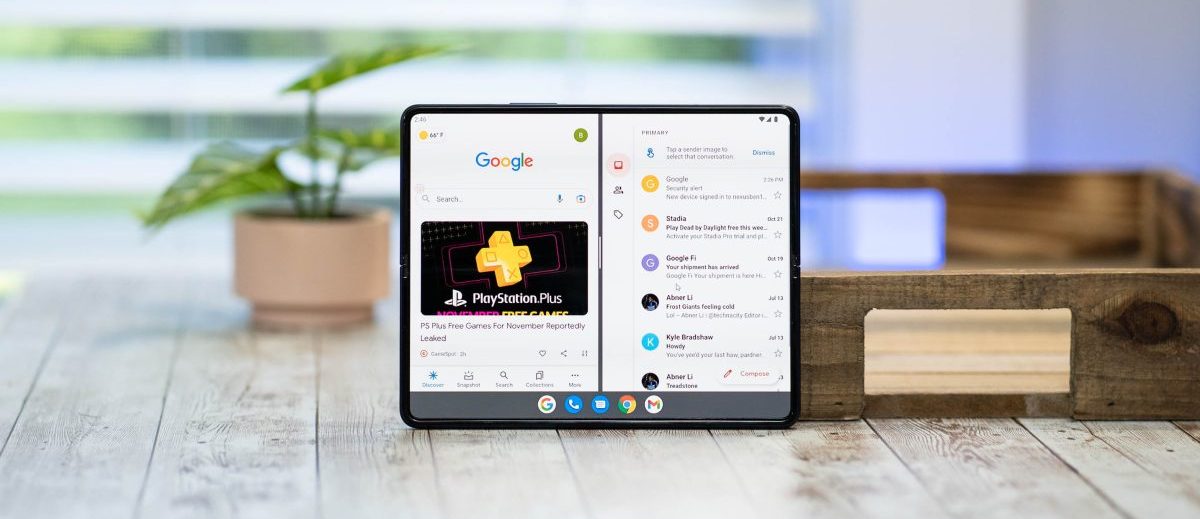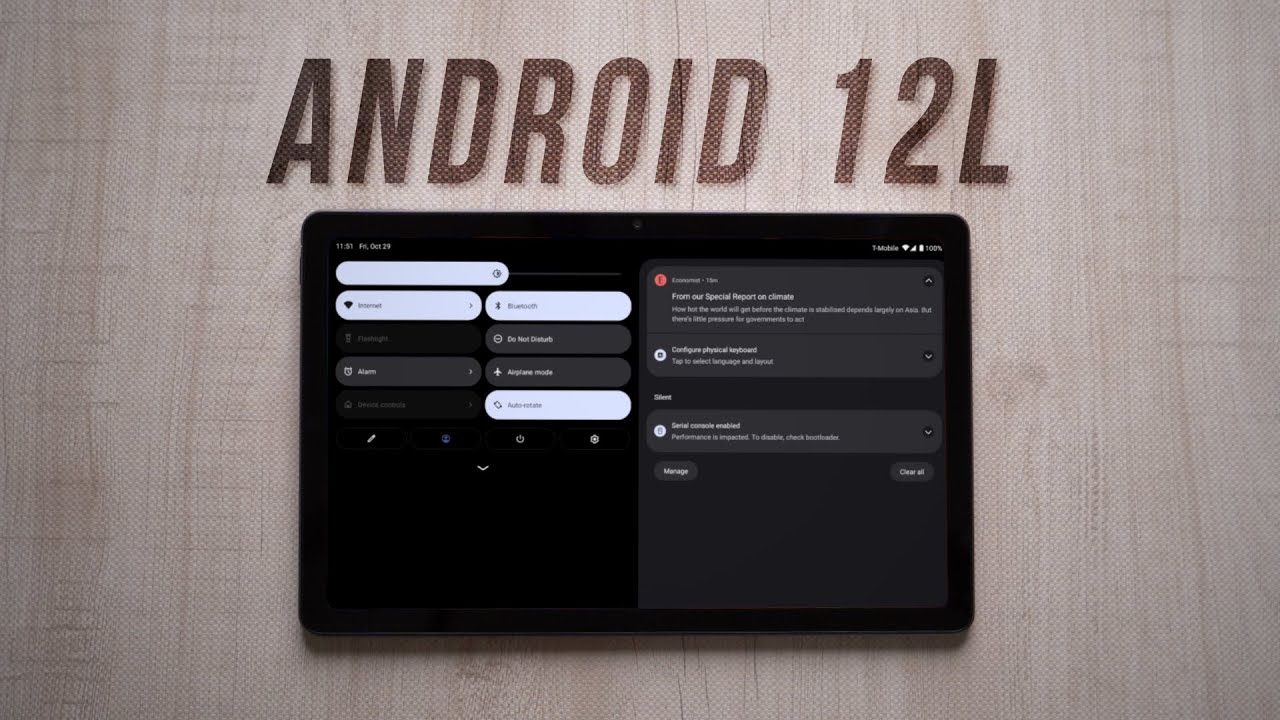Is Google willing to invest in Android tablets on a long-term basis, or is this just another fad?
What kind of commitment is Google making to Android tablets? The corporation is making overtures that it is once again interested in the platform. Google is developing Android 12L, a mid-cycle release of Android targeted to tablet and foldable features, in addition to getting several key OEMs to start creating hardware. A new job opening for a “Senior Engineering Manager, Android Tablet App Experience” has been posted by the firm. Take a look at the following job description:
We believe that the future of computing is shifting towards more powerful and capable tablets. We are working to deliver the next chapter of computing and input by launching seamless support across our platforms and hero experiences that unlock new and better ways of being productive and creative.
This is a statement Apple might have made when the iPad first came out in 2011, but it appears the corporation is only now getting the point. The extent to which Google devotes itself to tablet “experiences” will determine whether or not the company’s second tablet push succeeds. Currently, Android 12L appears to be quite conservative in this regard, while Google has begun to develop tablet-specific apps, such as the “Entertainment Space” home screen panel.

Another recent tablet development was noted by Computerworld’s JR Raphael, who noted that Android co-founder Rich Miner amended his Linkedin profile to include “CTO Android Tablets.” So there’s a new section called “Android Tablet”? Miner is said to have started in this job in March, re-joining the Android team after a hiatus in 2010.
“Develop roadmaps and oversee the execution of our ink first hero applications strategy,” according to the job description. “Ink first” suggests that Google is emphasizing the importance of pen input. Samsung has always championed pen input, but Android and the Android Google apps have never really made styluses a priority. (Styluses are common on Chrome OS Pixel devices, but not on Android tablets.)
If Google wants people to take Android tablets seriously, it will take years of consistent, high-quality development from the company. At this point, Android tablets are largely used as fodder for jokes. When Android 12L isn’t an overnight success, Google will have to work extremely hard to show that it is serious about tablets and won’t desert them again. Is Google still willing—and able—to commit to a project for the long haul, even if the first few public releases aren’t a success?
We saw this pattern with Google’s first attempt at Android tablets, when Android 3.0 Honeycomb was a major release, followed by Android 4.0, which was a smaller tablet release. The tablet upgrades halted a release or two later, and the platform was largely abandoned. We witnessed this with smartwatches as well: after its first debut, Android Wear did not become an overnight success, and resources were rapidly taken from the project, resulting in years of stasis. Similar to tablets, Google has recently concluded that abandoning a core smart device platform was not such a good decision, and is now attempting to revive Android smartwatches.
It’s unclear whether Google is committed to these projects long-term or if this is just a brief spike in interest. Meanwhile, Apple has a long history with tablets (and smartwatches), and today’s iPads and iPadOS are the result of 12 years of continuous iteration and enormous resources. Google has a long way to go if it wants to catch up.

One thought on “Google declares Android tablets to be the future and begins hiring for a new division”